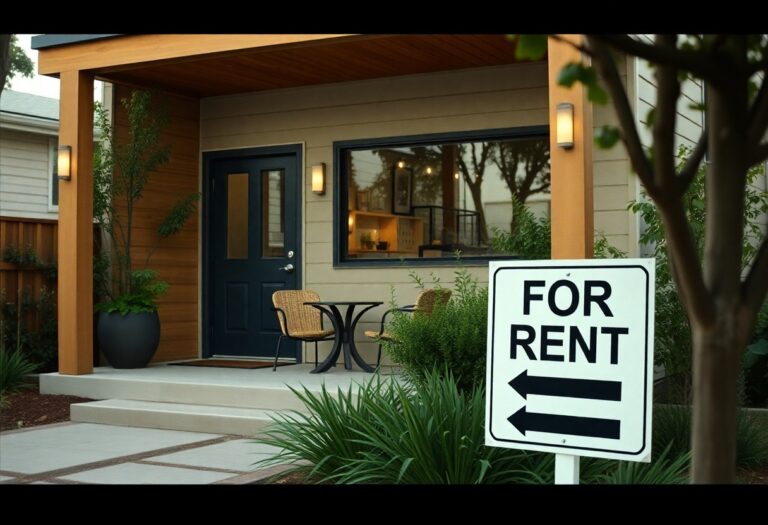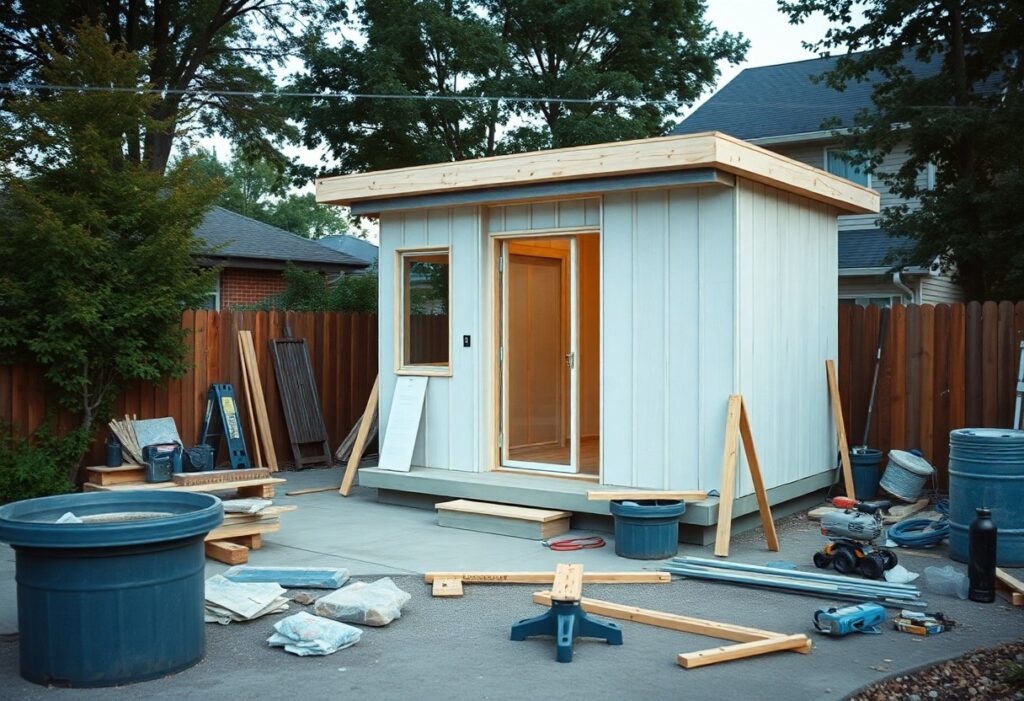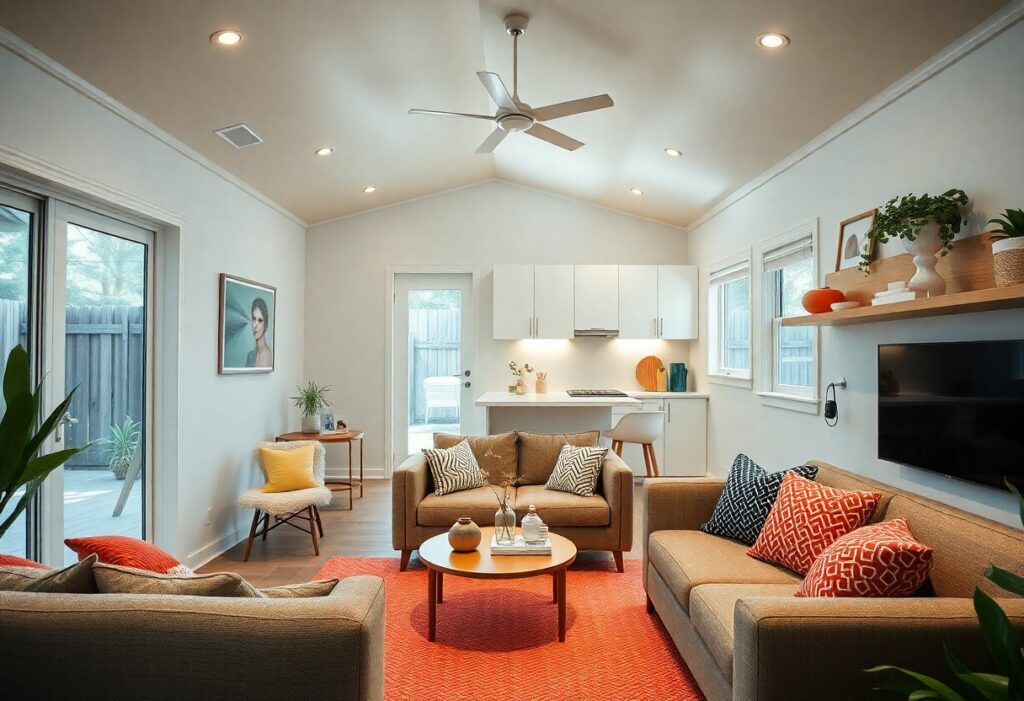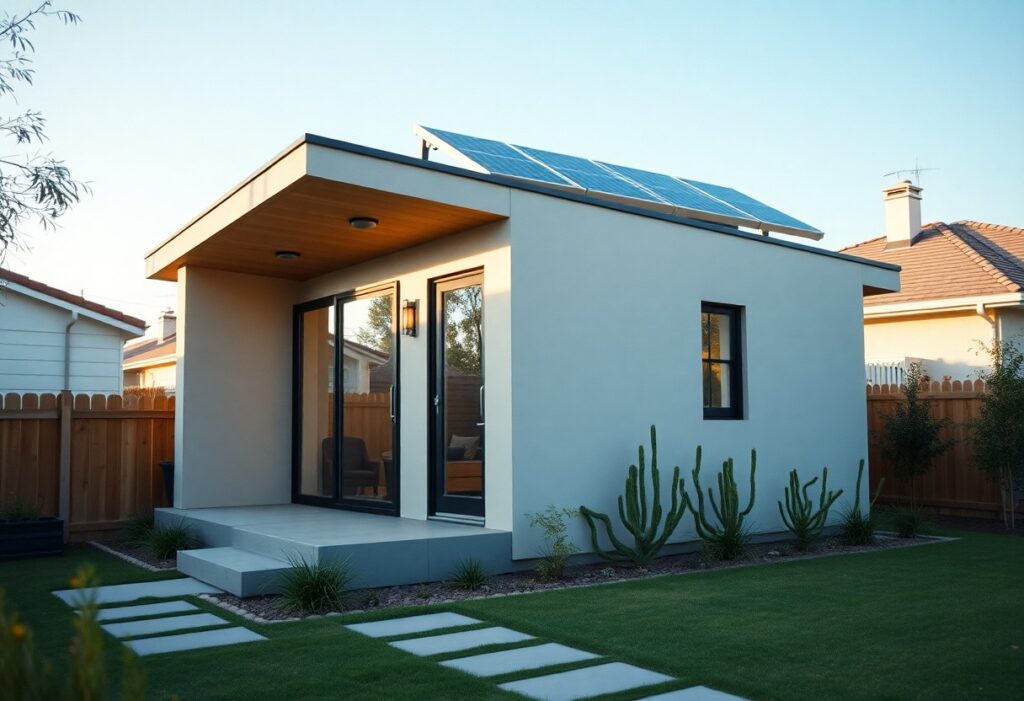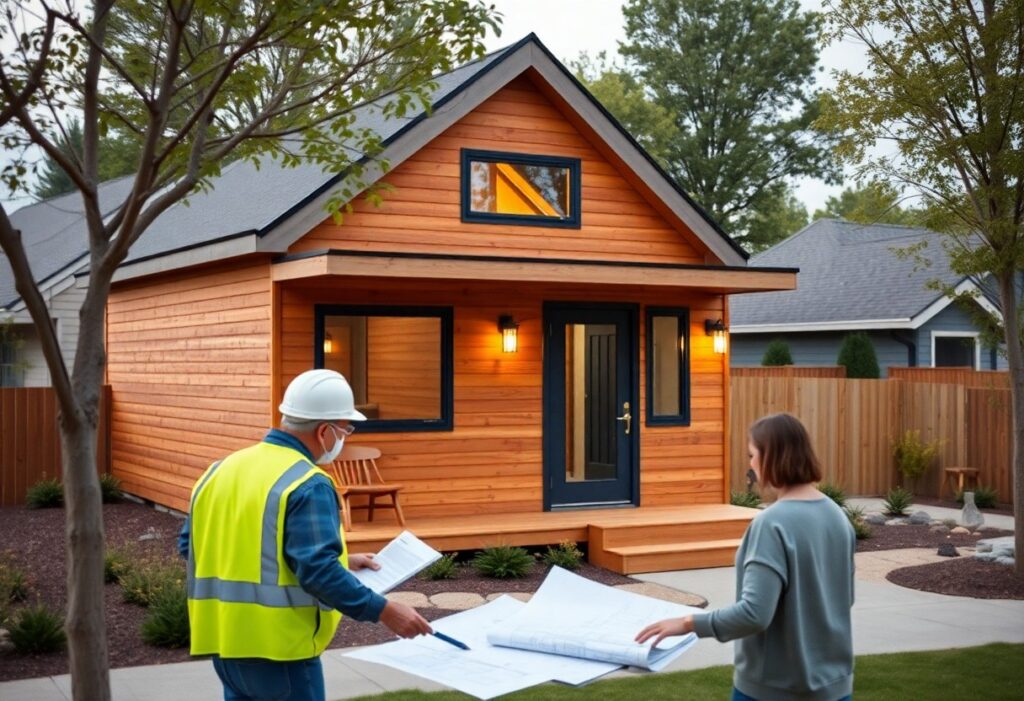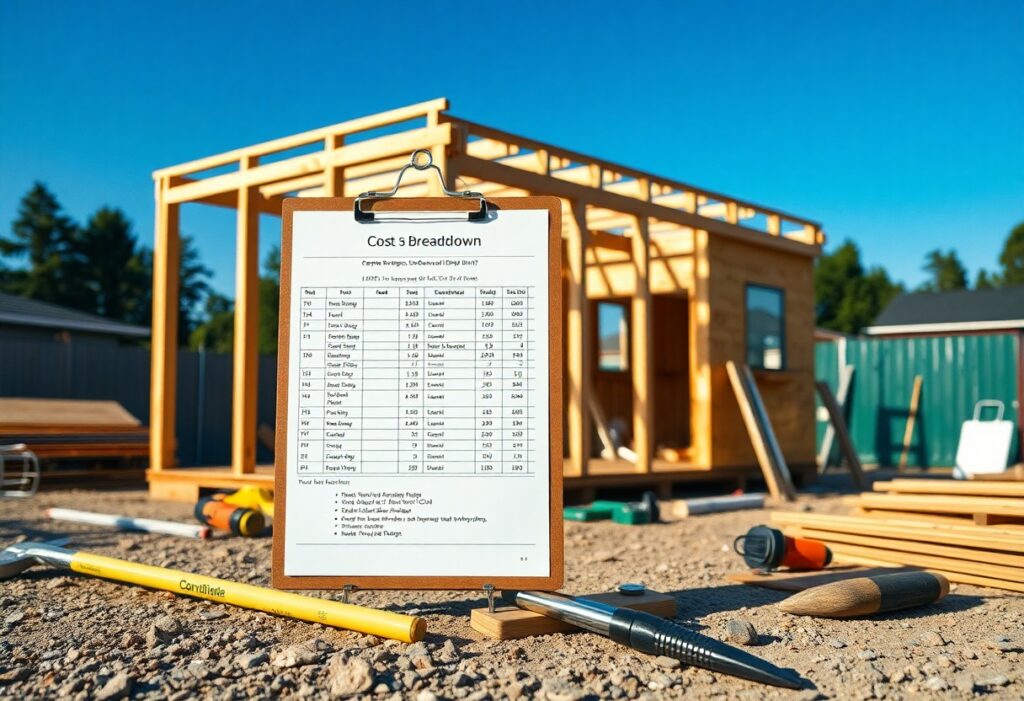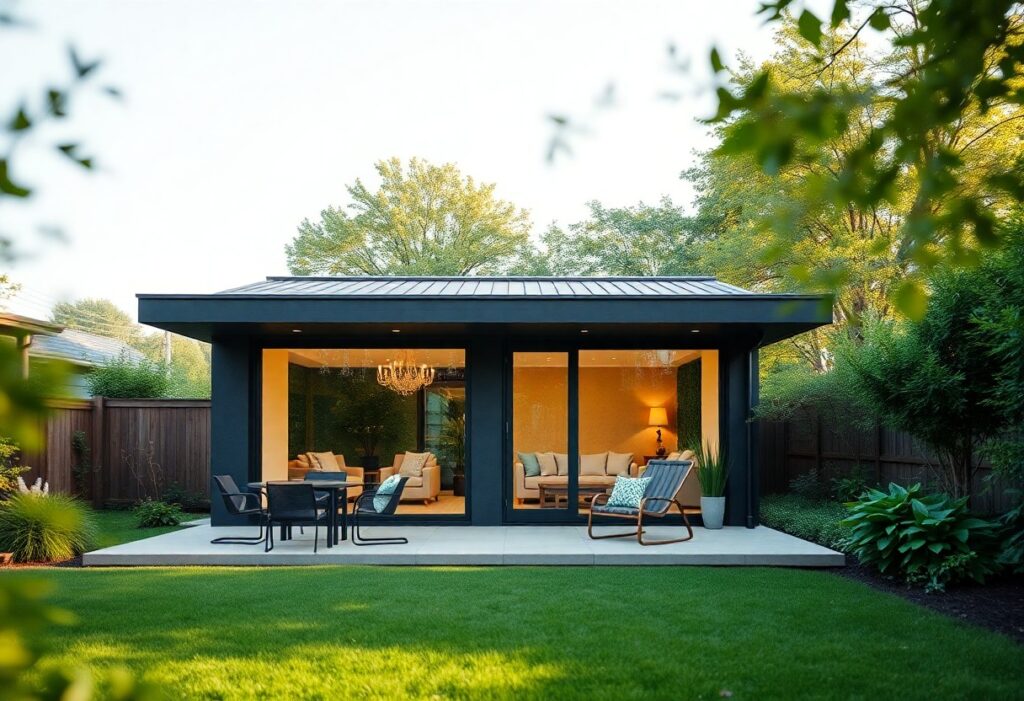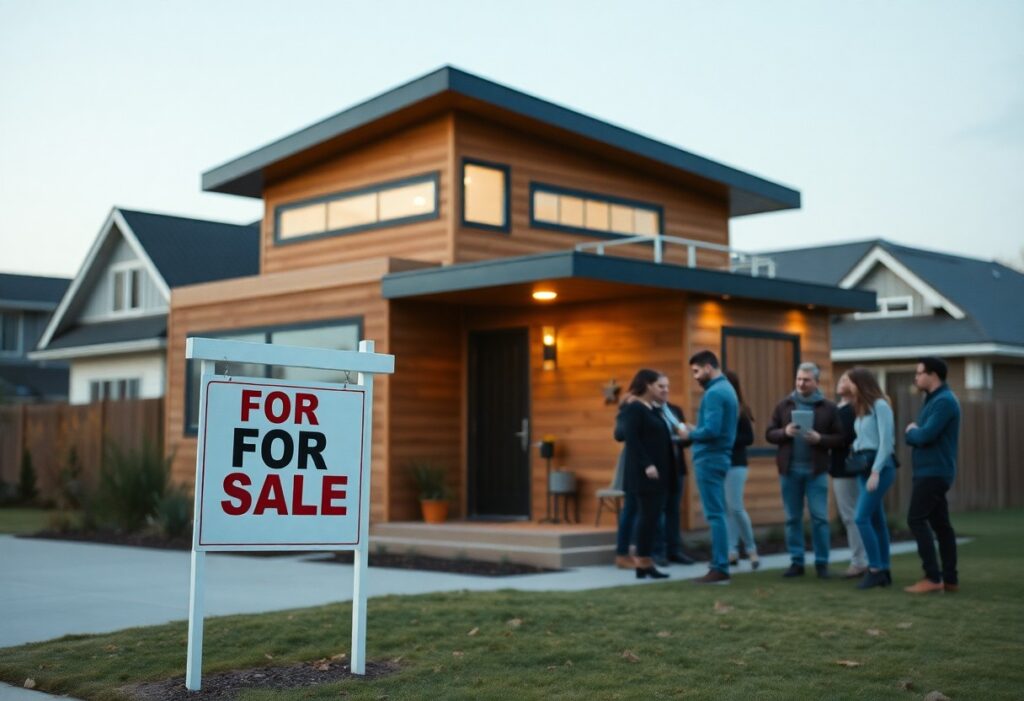Many homeowners are discovering the financial benefits of renting out their Accessory Dwelling Units (ADUs), but successfully navigating this market requires knowledge. In this post, you will learn important strategies for maximizing your rental income while ensuring compliance with local regulations and maintaining a positive relationship with tenants. From setting the right price to enhancing your unit’s appeal, these tips will empower you to make informed decisions that not only boost your income but also make the rental process seamless and rewarding.
Key Takeaways:
- Market Research: Conduct thorough research on local rental prices to set a competitive rate for your ADU.
- Curb Appeal: Enhance the exterior and interior of your ADU to attract potential tenants.
- Legal Compliance: Ensure your ADU meets all zoning laws and rental regulations to avoid legal issues.
- Online Listings: Utilize popular rental platforms to maximize visibility and reach a larger audience.
- Flexible Lease Terms: Offer various lease options to cater to different tenant needs and lifestyles.
- Quality Amenities: Equip your ADU with vital amenities that appeal to renters, such as modern appliances and high-speed internet.
- Strong Communication: Maintain clear communication with your tenants to foster a positive rental experience and encourage renewals.
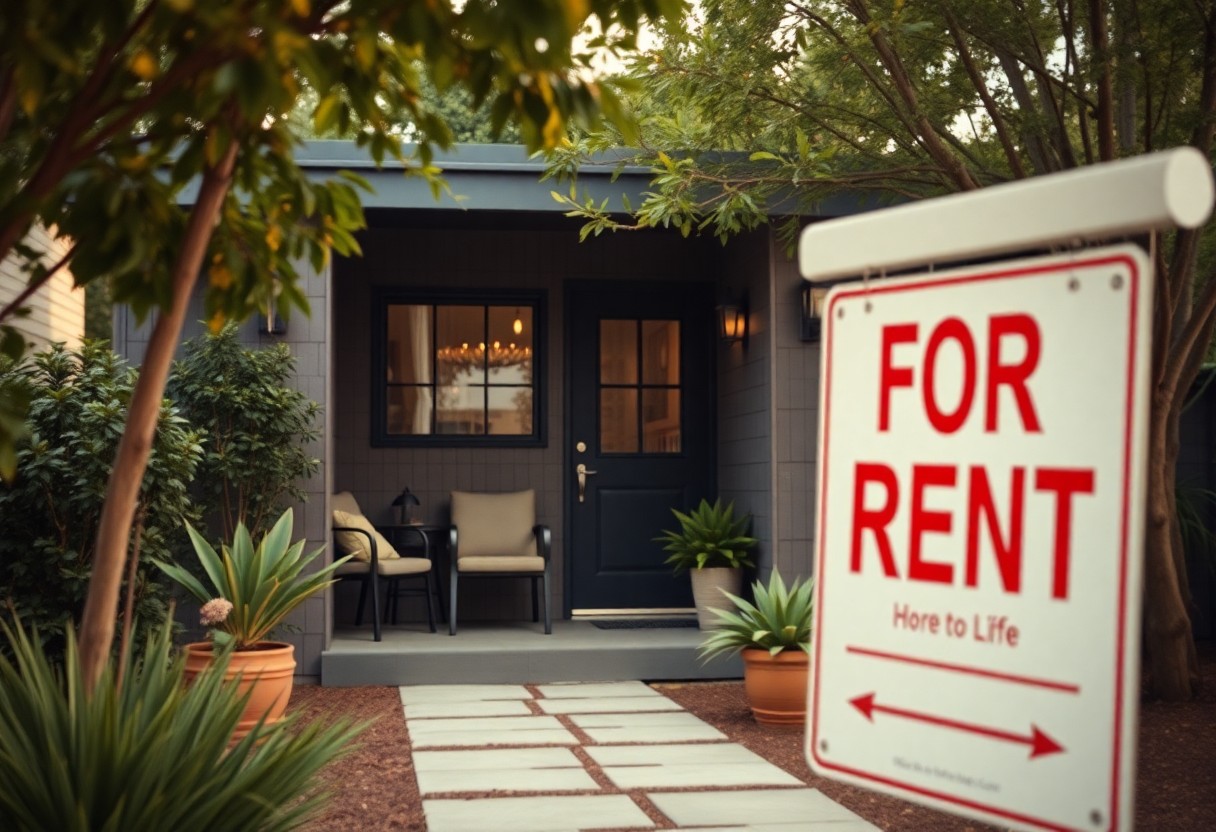
Understanding ADUs
Before you initiate on your journey of renting out your ADU, it’s necessary to grasp what exactly an ADU is and the various forms it can take. Accessory Dwelling Units (ADUs) are secondary housing units located on single-family lots, offering you additional income opportunities and housing solutions.
Definition and Types
Against the backdrop of housing demand, ADUs come in various designs and configurations.
| Type | Description |
|---|---|
| Detached ADUs | Separate structures like cottages or sheds. |
| Attached ADUs | Units added to the existing home, such as converted garages. |
| Basement ADUs | Living spaces created in the basement of a residence. |
| Internal ADUs | Separate units within a single-family home. |
| Mobile ADUs | Portable units, offering flexibility and mobility. |
Recognizing the variety of ADU types can help you choose the right option for your property and market.
Benefits of Renting Out an ADU
Between expanding your income and providing additional housing options, renting out an ADU offers you several advantages. You can earn extra monthly revenue while also contributing to addressing the housing shortage in your community.
Also, renting out your ADU can significantly boost your property value, making it a wise investment. Additionally, it can create a source of passive income that goes directly to your savings or retirement plans. This income potential can cover mortgage payments, home improvements, or other living expenses. Furthermore, sharing your space allows you to meet new people from diverse backgrounds, enriching your neighborhood. Ultimately, maximizing the benefits of an ADU can yield both financial rewards and community connection.
Preparing Your ADU for Rent
While preparing your ADU for rent, it’s crucial to create an inviting space that attracts potential tenants. Focus on cleanliness, neutral decor, and functional furnishings that cater to your target market. Ensure everything is in working order, including plumbing, electricity, and appliances. A well-prepared ADU not only enhances your rental income but also leads to positive reviews and long-term tenants.
Essential Upgrades and Renovations
Below are some impactful upgrades and renovations you can implement to make your ADU stand out. Consider adding energy-efficient appliances, modern fixtures, and high-quality flooring to enhance both aesthetics and functionality. Small improvements, such as fresh paint or updated landscaping, can significantly increase your rental appeal without a hefty investment.
Legal Considerations and Zoning Regulations
Around your preparations, ensure you are fully aware of the legal considerations and zoning regulations that pertain to your ADU. Understanding these laws will protect you from potential fines and legal issues.
Your compliance with local zoning laws and building codes is crucial in the renting process. Verify that your ADU meets all minimum standards for habitability and review any permits required for renting. Additionally, you may need to obtain a business license or register as a rental property with local authorities. Ignoring these legalities can lead to serious consequences, including fines or eviction orders, so it’s wise to consult a legal professional or local housing authority for guidance.
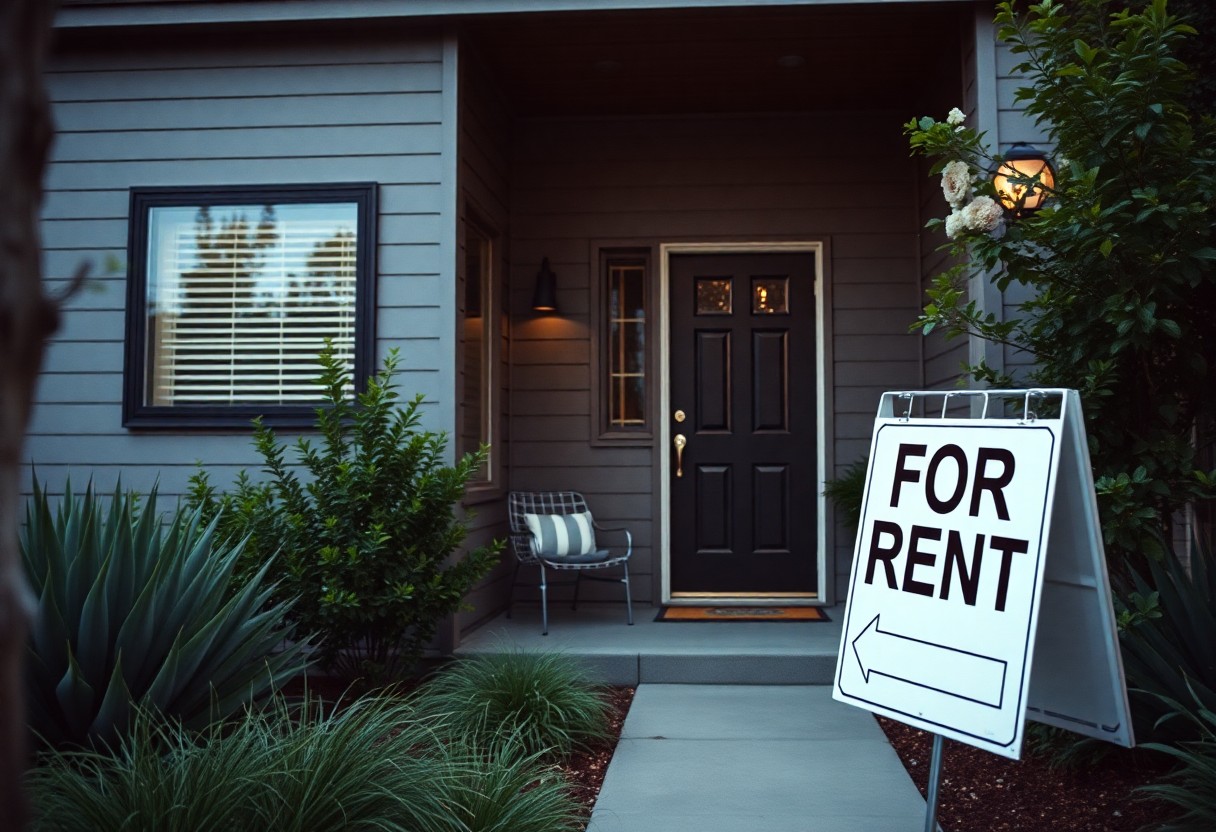
Setting the Right Rental Price
After you have decided to rent out your ADU, setting the right rental price is vital for attracting tenants while maximizing your income. Pricing too high can discourage potential renters, while pricing too low can diminish your profits. You should aim for a competitive yet profitable rate that reflects the local market demand.
Market Research and Comparisons
An effective way to determine an appropriate rental price is through market research. Look at similar rentals in your area to inform your pricing strategy:
| Criteria | Details |
| Location | Proximity to amenities, schools, and public transport |
| Size | Square footage and number of bedrooms/bathrooms |
| Condition | Age of the property and recent upgrades |
| Rental Market | Current trends and average rental prices |
Pricing Strategies for Maximum Profit
For maximizing your rental income, consider employing various pricing strategies. You can implement seasonal pricing adjustments, offer discounts for long-term leases, or even consider including utilities in the rent to attract more tenants.
At the same time, you can take advantage of the local demand by adjusting your pricing based on occupancy rates. Setting your rental price to match peak seasons or local events can allow you to charge a premium. Additionally, offering incentives, such as a discount on the first month’s rent or a pet-friendly policy, may help you secure tenants faster. Overall, the balance between providing value and achieving your profit goals is key.
Marketing Your ADU
Now that you’ve created a beautiful ADU, it’s time to showcase it to potential renters. Effective marketing is key to attracting high-quality tenants and maximizing your income. Leverage various platforms and strategies to highlight the unique features of your property, ensuring that your rental stands out in a competitive market.
Effective Advertising Channels
After identifying your target audience, utilize a mix of online and offline advertising channels. Consider popular rental websites, social media platforms, and local classifieds. A comprehensive approach allows you to reach a wider audience and increases your chances of securing tenants quickly.
Crafting Compelling Listings
Along with choosing the right advertising platforms, crafting a compelling listing can significantly impact your rental’s appeal. Use engaging descriptions and high-quality images to paint a picture of what living in your ADU would be like.
With attention-grabbing headlines and detailed descriptions that highlight your ADU’s unique features, you can create listings that attract potential tenants. Provide specific information about the amenities, neighborhood, and proximity to vital services. Don’t forget to include professional-quality photos showcasing both the interior and exterior of your ADU. A well-crafted listing not only grabs attention but also sets the right expectations, which can lead to fewer misunderstandings down the line and a smoother rental process.
Screening Tenants
Not properly screening tenants can lead to various challenges, including late payments, property damage, or even legal issues. Taking the time to vet potential tenants minimizes risks and ensures a smooth rental experience. Create a standardized screening process that includes background checks, credit checks, and income verification to find the right fit for your ADU.
Importance of Tenant Background Checks
Beside confirming a tenant’s ability to pay rent, background checks help you uncover any potential red flags, such as prior evictions or criminal history. This process protects your investment and helps create a safer living environment. By diligently vetting tenants, you foster a hassle-free rental experience and maintain the value of your property.
Interviewing and Selecting the Right Tenants
An effective way to choose suitable tenants is through thorough interviews. This interaction gives you the opportunity to ask questions that uncover their renting history, lifestyle, and compatibility with your property. Assess their communication skills and responsibility during the interview process—qualities that can foreshadow their behavior as tenants.
Considering additional factors during the selection process can enhance your chances of securing reliable tenants. Focus on their rental history, including payment patterns and any previous disputes with landlords. Evaluate their current employment status to gauge financial stability. Make sure to ask questions about their lifestyle preferences to see if they align with your property’s expectations. Ultimately, selecting the right tenants is about ensuring they respect your space and contribute positively to your ADU investment.
Managing the Rental Experience
Despite the challenges inherent in renting out your ADU, effective management can significantly improve the overall experience for both you and your tenants. Taking a proactive approach to tenant relations, maintenance, and communication can lead to higher satisfaction rates, potentially increasing your income over time.
Creating a Positive Tenant Relationship
Below are some ways to foster a positive relationship with your tenants. Establish open lines of communication by being approachable and responsive to their needs. Clearly outline the rules and expectations upfront while also being flexible when possible. This approach not only creates a friendly atmosphere but can also encourage long-term tenancies.
Ongoing Maintenance and Communication
Above all, prioritizing maintenance and regular communication is imperative for a successful rental experience. Schedule routine inspections to ensure everything in your ADU is functioning properly and address any repairs promptly. Keeping your tenants informed and involved helps establish trust and demonstrates your commitment to their well-being.
In fact, consistent communication can lead to a more harmonious rental environment. Providing updates on maintenance schedules or notifying tenants of any potential issues fosters a sense of security. Additionally, by encouraging tenant feedback, you create an opportunity for improvement, ultimately enhancing their living experience. Addressing concerns swiftly not only maintains your property’s condition but also reinforces your reliability as a landlord, which can result in higher tenant retention rates.
1. Research local rental market to set competitive prices.
2. Enhance curb appeal to attract potential renters.
3. Highlight unique features of your ADU in listings.
4. Offer flexible lease terms to increase tenant interest.
5. Ensure compliance with local rental regulations and laws.
6. Use high-quality photos to showcase your ADU online.
To wrap up
As a reminder, maximizing your income from renting out your ADU involves thorough research, understanding local regulations, pricing your space competitively, and marketing effectively. By enhancing the appeal of your unit and fostering positive tenant relationships, you can create a successful rental experience. Implementing these strategies will help you optimize your investment and achieve greater financial returns from your property. Take these tips to heart, and watch your rental income grow.
FAQ
Q: What is an ADU and why should I consider renting mine out?
A: An ADU, or Accessory Dwelling Unit, is a secondary living space on your property, such as a basement apartment, converted garage, or a small detached unit. Renting out your ADU can provide additional income to help cover mortgage payments, property taxes, or maintenance costs. It can also increase your property’s overall value and make it more appealing in the real estate market.
Q: How can I determine the right rental price for my ADU?
A: To set an appropriate rental price for your ADU, research comparable rentals in your neighborhood and evaluate their features, size, and amenities. Websites like Zillow or Rentometer can provide valuable insights. Additionally, consider the costs associated with the unit, such as utilities and maintenance, to ensure the price is fair for both you and potential tenants.
Q: What renovations are typically recommended to make my ADU more appealing to renters?
A: Simple renovations that can boost your ADU’s attractiveness include updating the kitchen and bathroom fixtures, improving lighting with modern fixtures, and ensuring there are ample storage options. Fresh paint and landscaping can also enhance the unit’s curb appeal and create a welcoming atmosphere for prospective tenants.
Q: Are there legal requirements I need to comply with when renting out my ADU?
A: Yes, specific regulations regarding ADUs can vary by location, so it’s necessary to check local zoning laws and rental regulations. This may include acquiring a rental permit, adhering to safety codes, and understanding tenant rights. Consulting with a legal expert or local housing authority can help ensure compliance and avoid issues.
Q: What type of tenants should I target for my ADU rental?
A: The type of tenants you may want to target could depend on your ADU’s features and location. Consider marketing to young professionals, retirees, or families looking for extra space. You can also target university students or temporary workers, depending on your area’s demographics and rental market trends.
Q: How can I effectively market my ADU to attract potential renters?
A: To effectively market your ADU, use high-quality photographs and detailed descriptions in your listings on online rental platforms. Leverage social media and local community boards to reach a wider audience. Hosting open houses and networking with local real estate agents can also increase visibility and attract interested renters.
Q: What should I include in a rental agreement for my ADU?
A: A rental agreement should clearly specify the terms of the lease, including the rental price, due dates, security deposit requirements, lease duration, and rules regarding maintenance, pets, and guests. It’s also wise to outline responsibilities for utilities and repair obligations. Having a lawyer review the lease can ensure that it meets legal requirements and protects your interests as a landlord.

